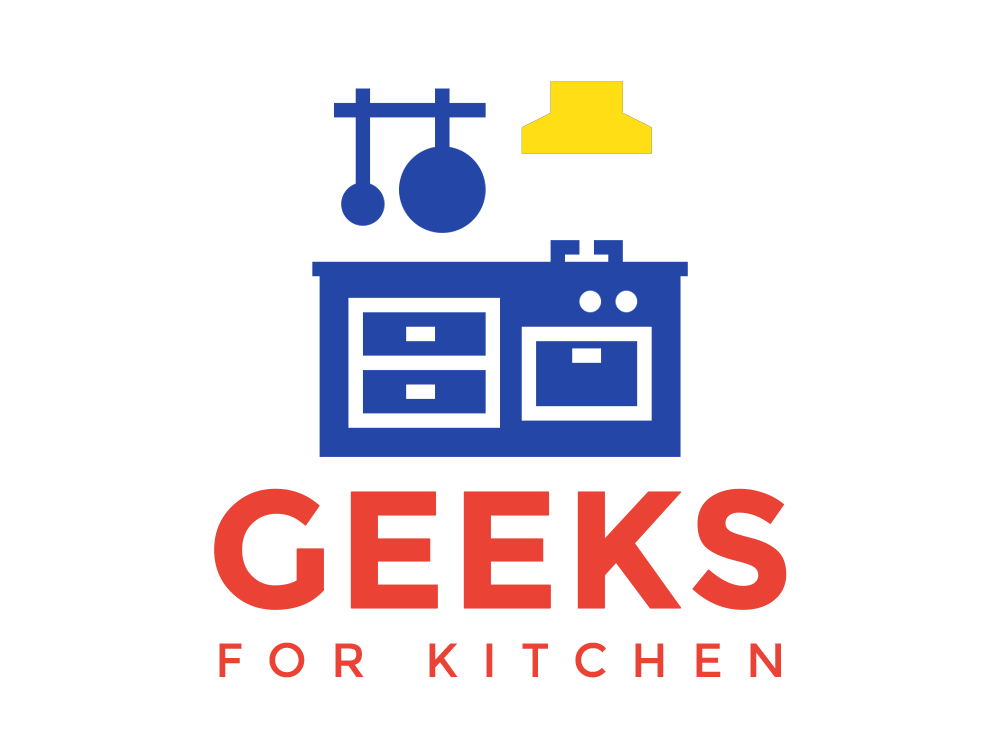My Microwave Is Not Heating
If your microwave is not heating, it can be a frustrating experience. This article provides a comprehensive guide to diagnose and fix common issues that may cause your microwave to stop heating. We will explore potential problems, solutions, and when to seek professional help. By the end of this article, you should have a clear understanding of how to get your microwave back in working order.
My Microwave Is Not Heating
Microwaves are complex appliances that can encounter various issues leading to malfunction. The most common reasons include:
- Faulty Magnetron
- High Voltage Diode Issues
- Door Switch Problems
- Burnt Capacitor
- Malfunctioning Thermal Fuse
1. Faulty Magnetron
The magnetron is the heart of your microwave, responsible for generating the microwaves that heat your food. If your microwave turns on but doesn’t heat, a defective magnetron might be the culprit.
Solution: Replacing a magnetron is not a DIY job for most people. Contact a professional technician to diagnose and replace the magnetron if necessary.
2. High Voltage Diode Issues
The high voltage diode works in conjunction with the capacitor to power the magnetron. If this diode fails, it can prevent the microwave from heating.
Solution: Testing and replacing the high voltage diode should be done carefully. Disconnect the microwave from the power supply and discharge the capacitor before handling. If you’re not comfortable doing this, call a professional.
3. Door Switch Problems
Microwave ovens have several door switches to ensure that the appliance operates only when the door is securely closed. If these switches malfunction, the microwave may not heat.
Solution: Inspect the door switches for continuity using a multimeter. Replace any faulty switches to restore functionality.
4. Burnt Capacitor
The capacitor works with the diode to supply power to the magnetron. A burnt or defective capacitor can lead to heating issues.
Solution: Capacitors store high voltage even after the microwave is unplugged. Discharge the capacitor properly before testing or replacing it. This job is best left to professionals if you’re unsure.
5. Malfunctioning Thermal Fuse
The thermal fuse prevents the microwave from overheating. If it blows, it will cut off the power to the microwave’s heating components.
Solution: Test the thermal fuse with a multimeter and replace it if needed. Ensure you purchase the correct replacement part for your microwave model.
DIY Troubleshooting Steps
Before calling a technician, you can perform some basic troubleshooting steps:
- Check the Power Source: Ensure that the microwave is plugged in and that the outlet is working. Test the outlet with another appliance.
- Inspect the Door Seal: Ensure the door is closing properly. A misaligned door can prevent the microwave from operating correctly.
- Reset the Microwave: Sometimes, resetting the microwave can fix minor electronic glitches. Unplug it for a few minutes and then plug it back in.
When to Call a Professional
If you’ve gone through the basic troubleshooting steps and your microwave still isn’t heating, it’s time to call a professional. Handling high voltage components can be dangerous, and it’s best left to experienced technicians. Additionally, professional diagnosis can save you time and ensure the problem is fixed correctly.
FAQs
How long does a microwave last on average?
The average microwave oven lasts around seven years. Still, with heavy usage and poor maintenance, they can easily be expected to last less than four, with a large family relying on them heavily in the kitchen.
There are also many different microwaves, from two-slice to six-slice variations. Typically families with more people use microwaves more often, so you might want to consider purchasing one that will allow you not to replace it as often if you have a larger family.
What is the price of a magnetron?
It replaced a microwave magnetron and cost around $150-$250. It includes a part price of $75 to $150 and a technician’s labor charges of $50 to $100.
The primary component that produces heat for the appliance is the magnetron. Magnetrons are typically found in microwaves and other power generation equipment that works with alternating currents.
Conclusion
A microwave that is not heating can be a significant inconvenience. By understanding common causes and following the troubleshooting steps, you can often resolve the issue yourself. However, don’t hesitate to call a professional for more complex problems or if you feel uncertain about performing the repairs. Regular maintenance can also help prevent many common microwave issues, ensuring your appliance remains in good working order for years to come.

